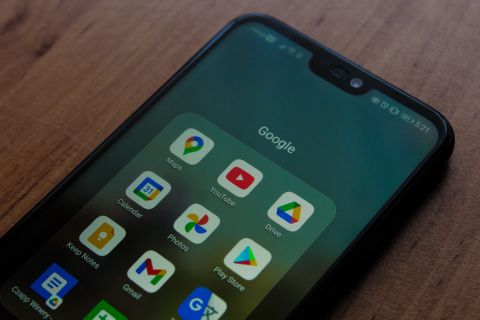EU General Court sides with consumers in Google Android ruling
About this publication
The European Consumer Organisation (BEUC) welcomes the EU General Court’s 14 September 2022 ruling on the Google Android case. The General Court largely upheld the European Commission’s 2018 decision that Google broke EU antitrust rules by imposing illegal restrictions on Android device manufacturers and mobile network operators to cement its dominant position in general internet search.
Monique Goyens, Director General of BEUC, commented: “Today’s General Court ruling on Google’s practices concerning Android is crucial because it confirms that Europe’s consumers must enjoy meaningful choice between search engines and browsers on their phones and tablets. The Court ruling makes clear that Google cannot abuse its strong market position to unfairly exclude competitors through a complex and illegal web of restrictions and requirements for phone manufacturers. The ruling will help to ensure that consumers can benefit from a more open and innovative digital environment”.
“Google’s restrictions harmed many millions of European consumers by depriving them of genuine choice and innovation for a decade. In practice, many European consumers had no alternative to using Google’s search engine and Google’s browser Chrome on their mobile devices. If they preferred, for example, to use more innovative and privacy-friendly services, Google’s restrictions prevented them from doing so.”
Why it matters to consumers
The Court ruling on the Android case matters to consumers because most smartphones in Europe run on Google’s Android operating system,1 while Google Search is the dominant search engine, used by millions of European consumers daily to access goods, services and information on the web.
How BEUC has been involved
BEUC intervened at the Court in support of the Commission’s July 2018 antitrust decision, including at hearings almost a year ago. In its Court interventions, BEUC highlighted the way in which Google exploited consumers’ behaviour in real life, for example by keeping pre-installed search and browser apps rather than changing to alternatives, to deprive them of genuine choices.
The Commission’s 2018 decision
The Commission’s 2018 decision, now largely confirmed by the General Court, found that Google protected and strengthened its dominant position in general search services and breached EU competition rules by:
- requiring manufacturers to pre-install the Google search app and browser app (Chrome), as a condition for licensing Google’s app store (the Play Store), and
- preventing manufacturers wishing to pre-install Google apps from selling even a single smart mobile device running on alternative versions of Android that were not approved by Google.
The General Court has confirmed the Commission’s conclusion that these illegal practices were deliberately designed to exclude competitors. The Commission decision found that companies providing alternative search engines and browsers were unable to reach consumers and that consumers were therefore denied access to a choice of other products and services.
1 Statista.com, ‘Market share of leading mobile operating systems in Europe from 2010 to 2021’, Jan 2021 (accessed 1 Sept 2022).
Download:



